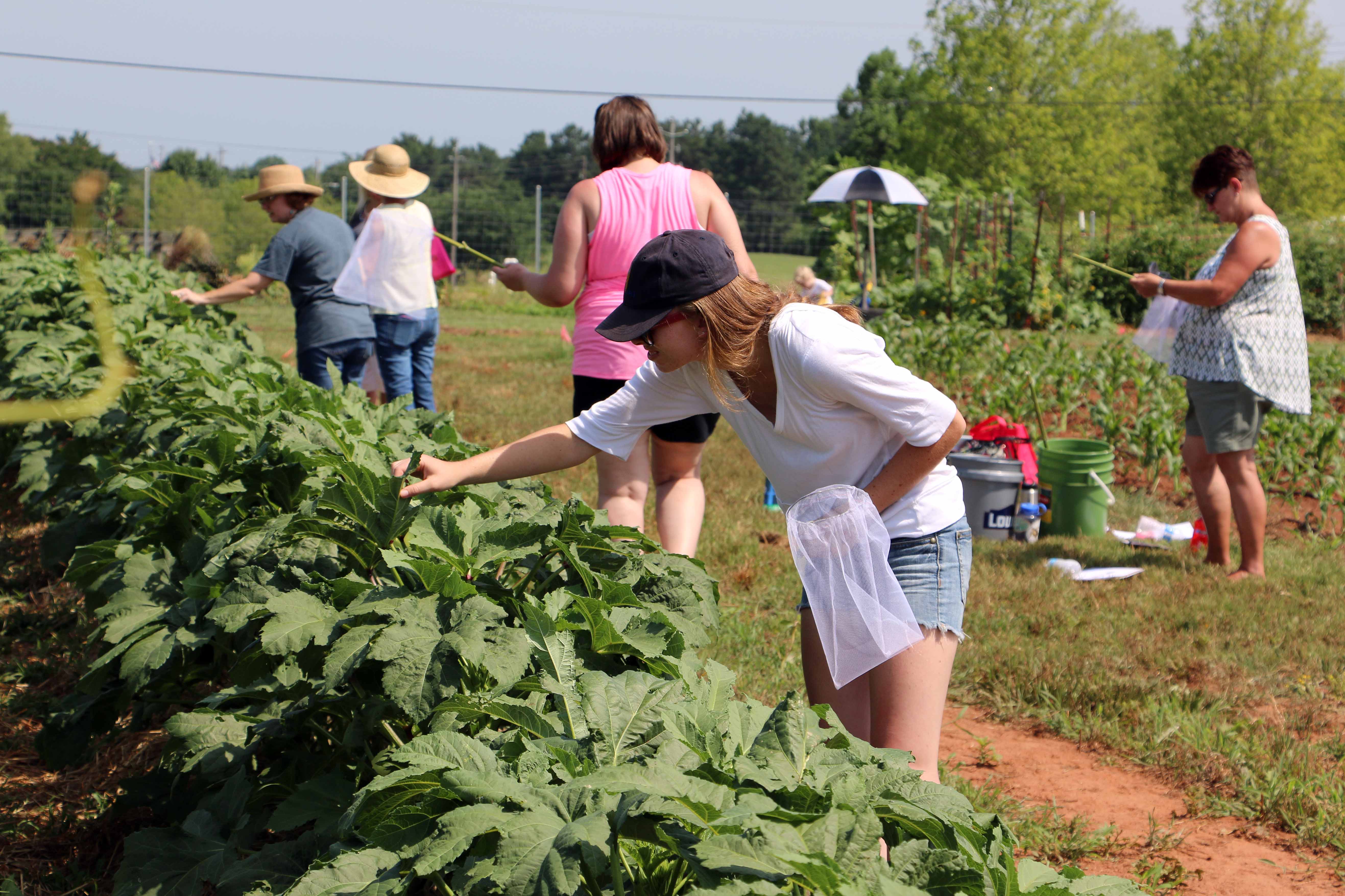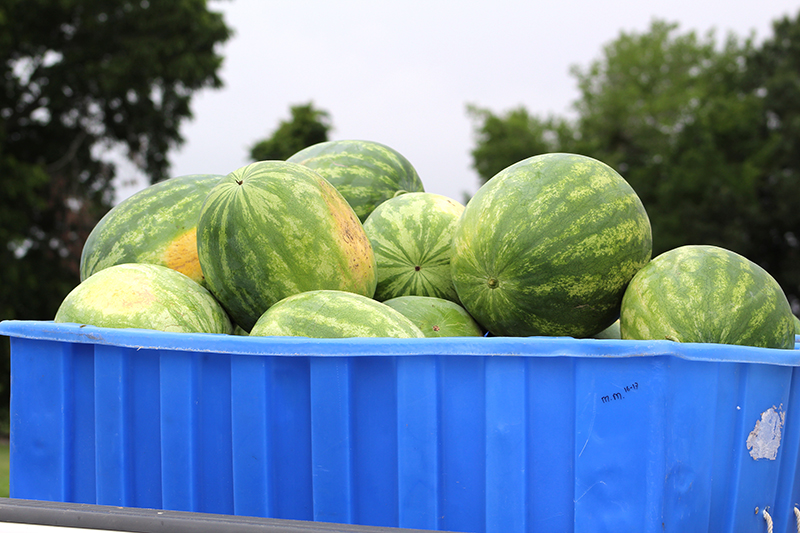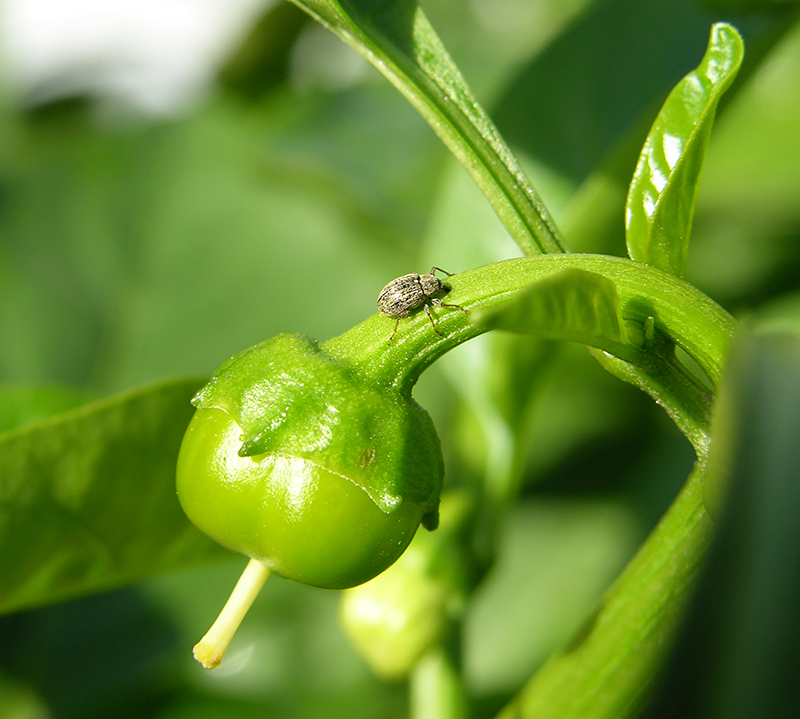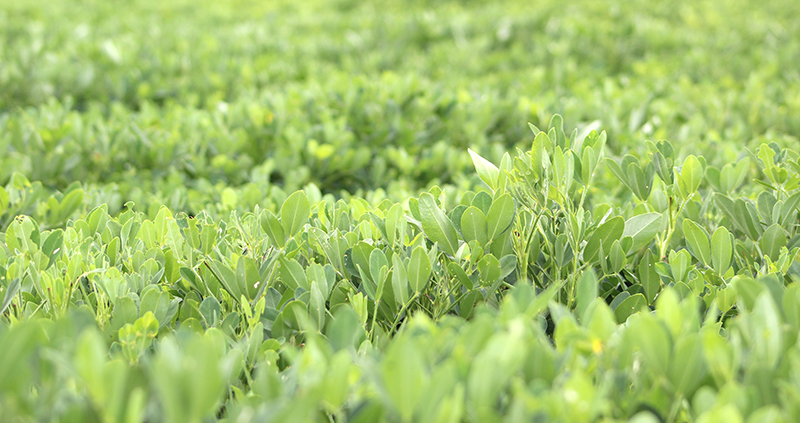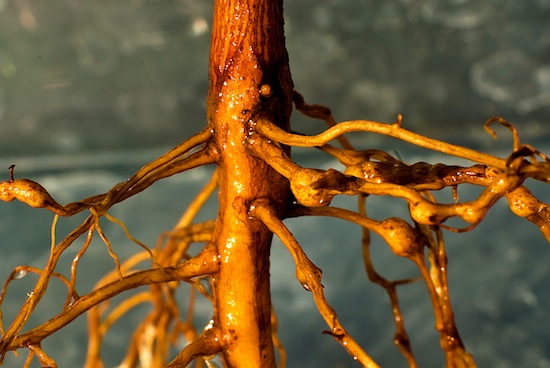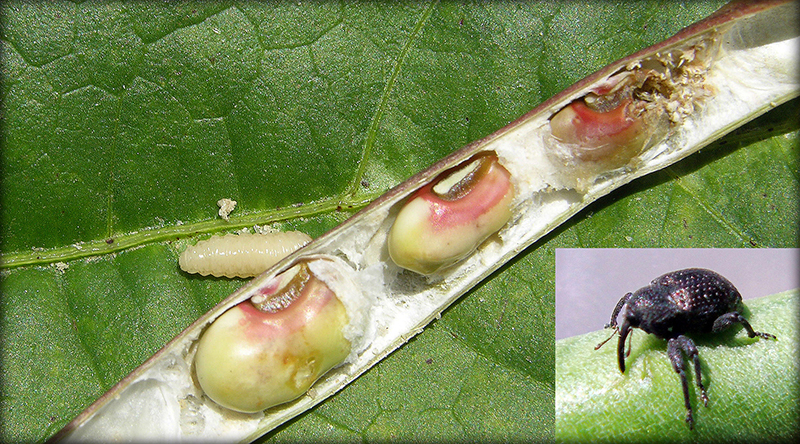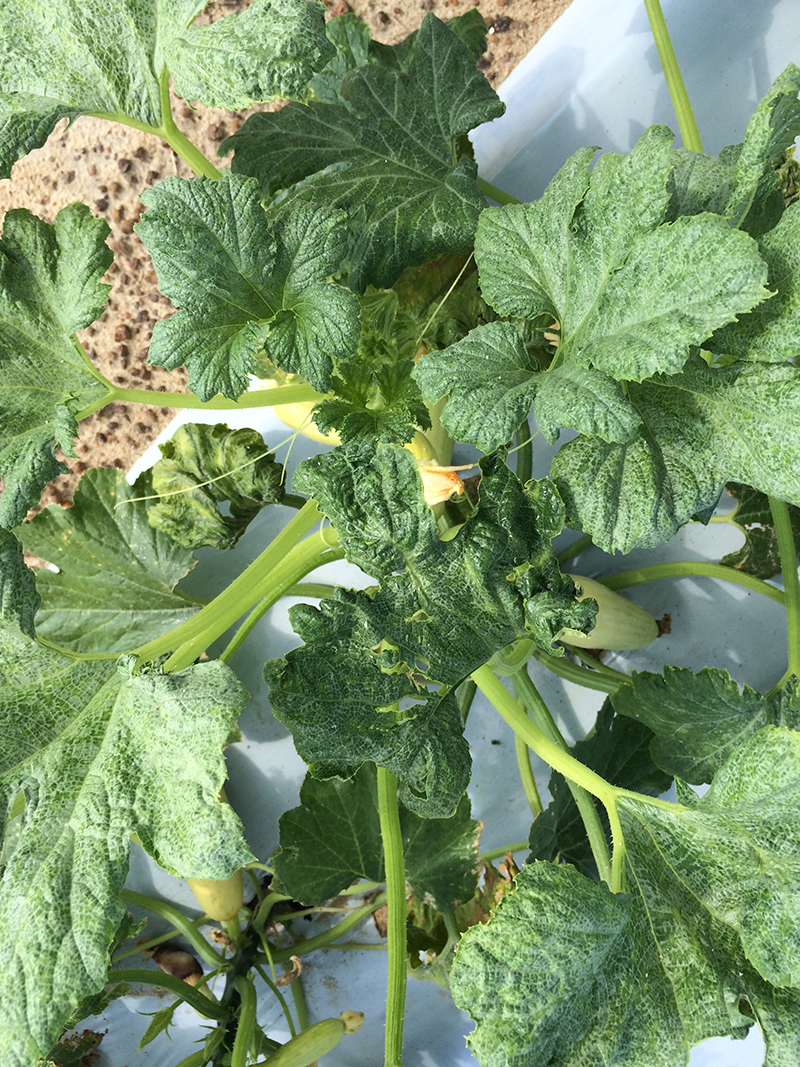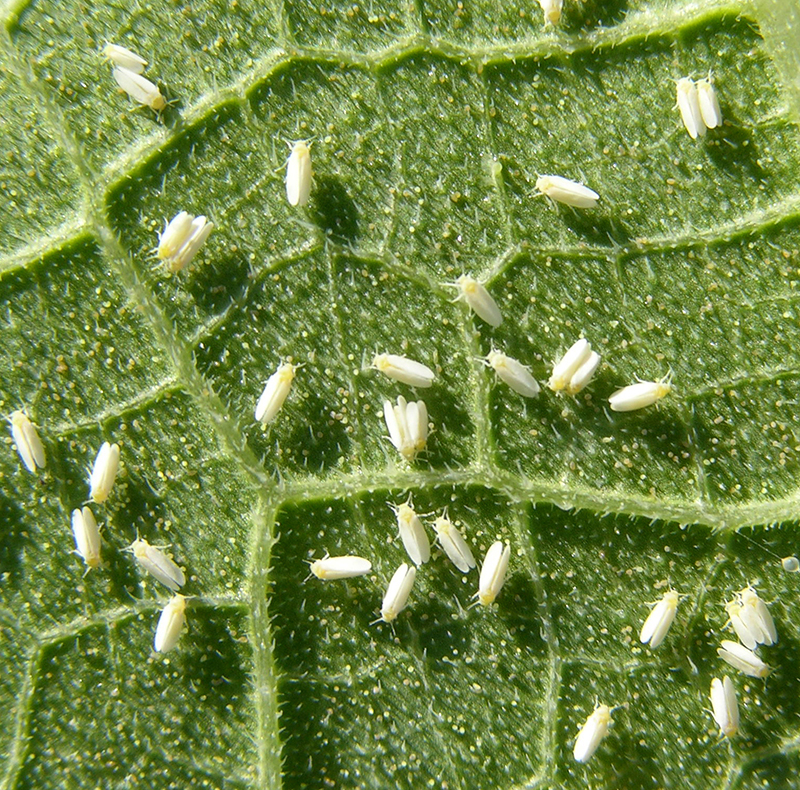 CAES News
CAES News
Whitefly Update
Silverleaf whiteflies devastated Georgia’s cotton and fall vegetable crops last year. In response to this crisis, a team of University of Georgia College of Agricultural and Environmental Sciences research and UGA Cooperative Extension specialists is studying the pests statewide to help cotton and vegetable farmers avoid another year of disappointing crops.

